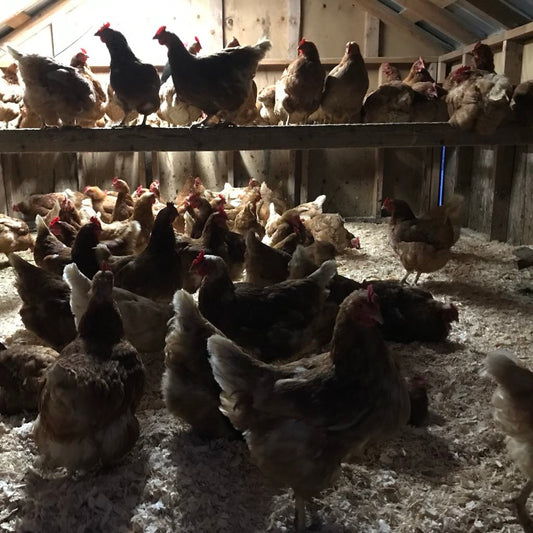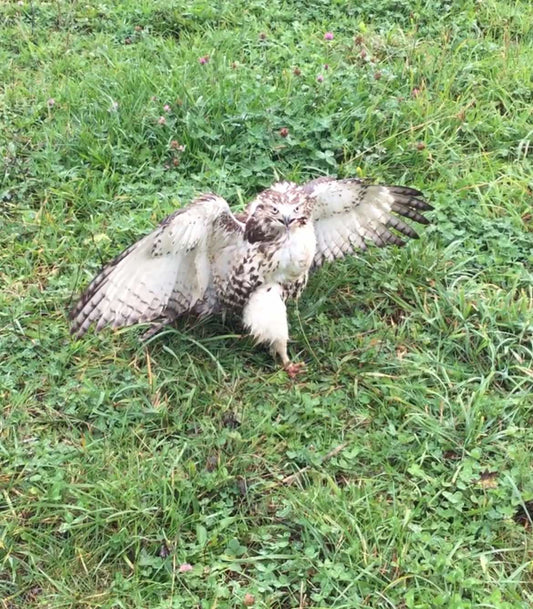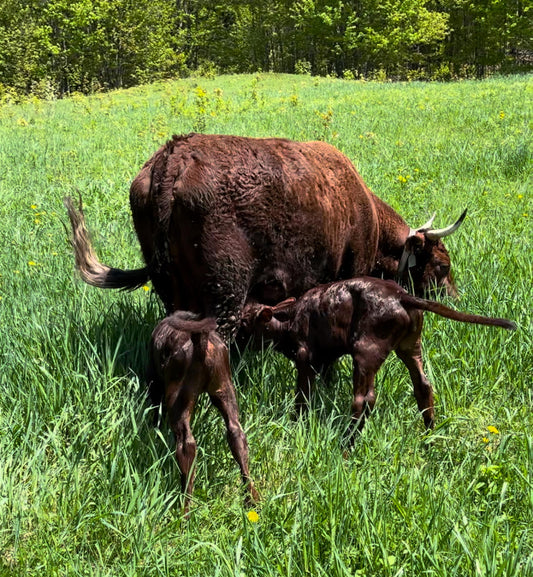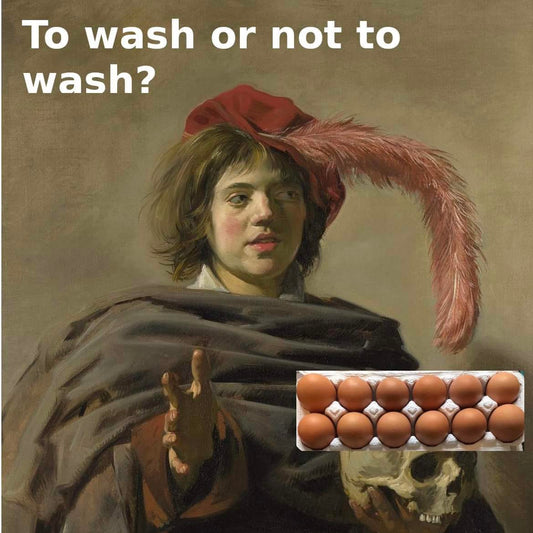Farm and Soap Updates

Egg Prices and Bird Flu
Ok, what's up with egg prices these days? As you may have heard, a highly contagious strain of bird flu has been wreaking havoc on many of the countries large...
Egg Prices and Bird Flu
Ok, what's up with egg prices these days? As you may have heard, a highly contagious strain of bird flu has been wreaking havoc on many of the countries large...

Myths about supplemental light for laying hens
The days are quickly getting shorter here in the northern hemisphere as autumn takes hold. What that means for a lot of chicken keepers is a sudden drop in egg...
Myths about supplemental light for laying hens
The days are quickly getting shorter here in the northern hemisphere as autumn takes hold. What that means for a lot of chicken keepers is a sudden drop in egg...

How to cook a tough old bird
About once a year I offer a slightly different product in my chicken line up: the "stew chicken". This kind of bird must be cooked very differently than most chicken...
How to cook a tough old bird
About once a year I offer a slightly different product in my chicken line up: the "stew chicken". This kind of bird must be cooked very differently than most chicken...

Protecting Chickens from Predators
As someone who has a lot of chickens (there are about 700 on the farm right now!) I often field questions about chicken keeping from friends and customers. There's a...
Protecting Chickens from Predators
As someone who has a lot of chickens (there are about 700 on the farm right now!) I often field questions about chicken keeping from friends and customers. There's a...

More adventures in calving
The cows seem determined to keep me on my toes this year. After our first ever winter calf back in January, I've now had my first calf rejected by it's...
More adventures in calving
The cows seem determined to keep me on my toes this year. After our first ever winter calf back in January, I've now had my first calf rejected by it's...

Should eggs be washed and refrigerated?
How does washing and refrigeration effect the quality and freshness of eggs? What's up with room temperature eggs in Europe and other parts of the world?
Should eggs be washed and refrigerated?
How does washing and refrigeration effect the quality and freshness of eggs? What's up with room temperature eggs in Europe and other parts of the world?
